Vast Majority of Global CO2 Emissions Tied to Just 57 Entities
DeSmogBlog
APRIL 4, 2024
Shell is committed to becoming a net-zero emissions energy business by 2050, a target we believe supports the more ambitious goal of the Paris Agreement,” a spokesperson from Shell said, writing by email that the company had reduced its production from 1.9 million barrels of oil daily in 2019 to 1.5 million barrels of oil.


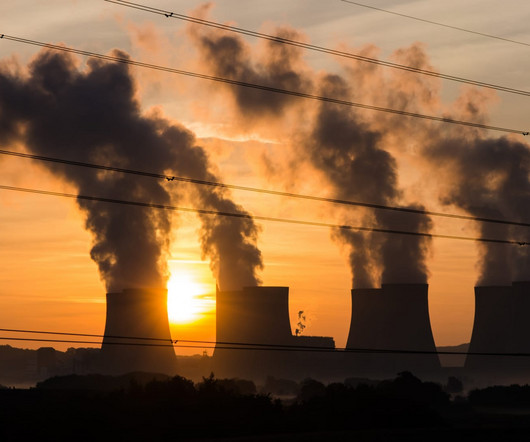
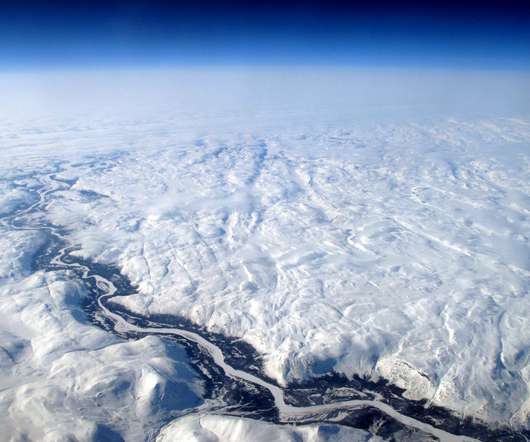

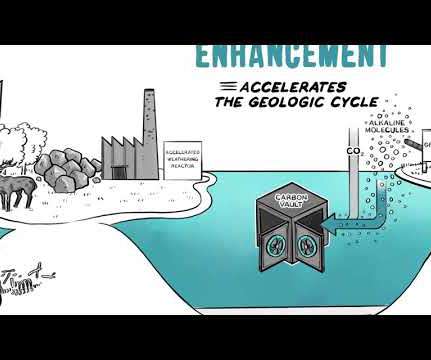
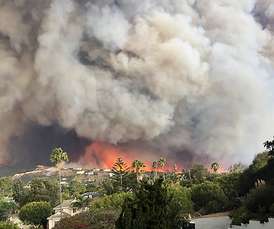




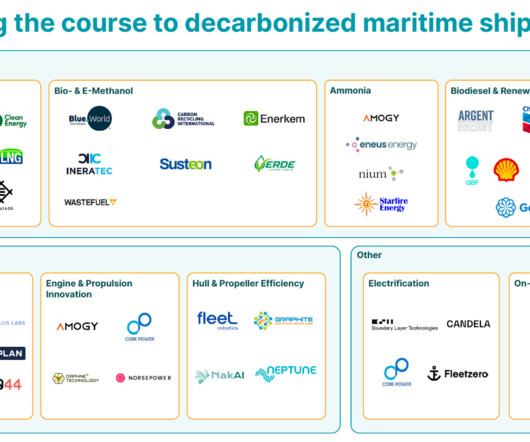


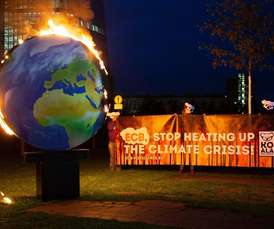
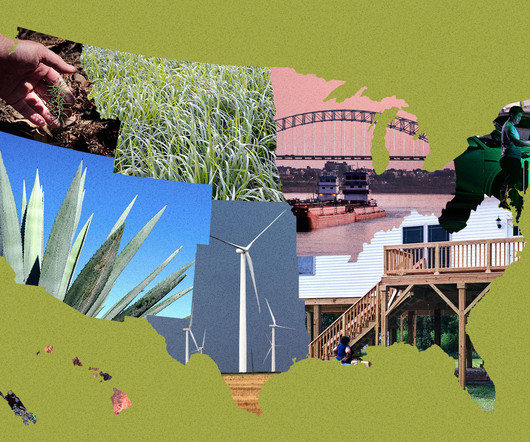








Let's personalize your content